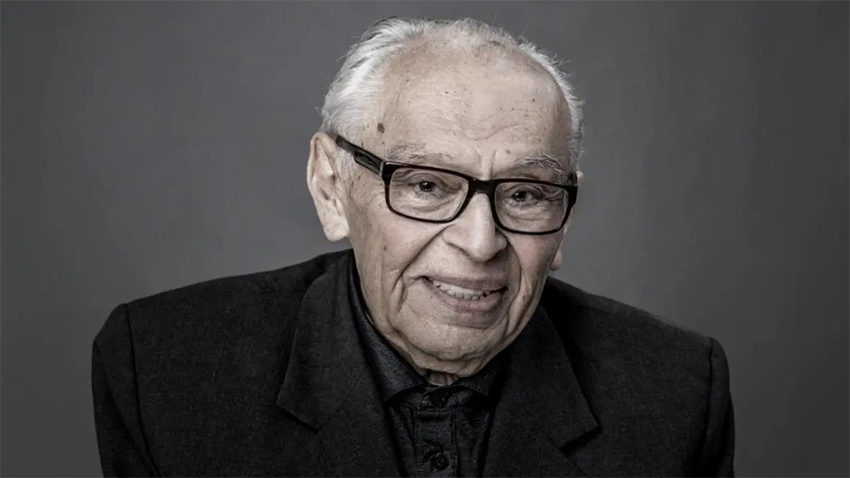Gustavo Gutiérrez’s Liberation Theology, rooted in the experiences of Latin America’s poor and marginalized populations, has had a lasting and transformative legacy within Christian theology, particularly within Evangelical and Catholic circles. Emerging in the 1960s and gaining widespread attention after Gutiérrez’s 1971 book, A Theology of Liberation, this movement shifted focus from traditional doctrinal concerns to issues of social justice, economic disparity, and human dignity. Liberation Theology advocates for the “preferential option for the poor,” arguing that true faith must involve a commitment to social justice and advocacy for those marginalized by systemic injustice. Gutiérrez’s contributions have reverberated through Evangelical communities worldwide, sparking debates, reimagining the church’s role in society, and encouraging Christians to see service to the oppressed as intrinsic to their faith.
Liberation Theology represented a dramatic shift for the global church, and many Evangelicals found both inspiration and tension within its teachings. Gutiérrez’s insistence that the Gospel mandates action against poverty and oppression was a challenge to churches that traditionally focused on personal salvation over structural reform. Some Evangelicals, particularly those in Latin America, embraced the movement as a spiritual awakening, recognizing that the message of Jesus resonates powerfully with the struggles of the poor. They saw Gutiérrez’s work as a reminder of Christ’s call to care for “the least of these” (Matthew 25:40). Evangelical leaders like Samuel Escobar and René Padilla, active in Latin American Christian movements, integrated aspects of Liberation Theology, advocating for a “holistic mission” that connects evangelism with social justice, a notion that continues to influence Evangelical thought globally.
In Western Evangelical communities, however, the reception of Liberation Theology was mixed. While many resonated with its themes of compassion and justice, others viewed it as overly politicised or even incompatible with traditional Evangelical theology. Concerns arose around Gutiérrez’s use of Marxist language and critiques of capitalism, leading some to perceive Liberation Theology as advocating a political agenda rather than a spiritual renewal. Evangelical scholars like Carl F.H. Henry argued that focusing on social structures could detract from the Gospel’s primary message of individual salvation.
Despite these tensions, Gutiérrez’s theology led Evangelical thinkers to reexamine the relationship between faith and social action, opening doors for discourse on issues like racial injustice, systemic poverty, and human rights within Evangelical contexts.
Over time, however, Liberation Theology has evolved and adapted, reflecting broader Evangelical shifts toward social responsibility. Concepts such as “social justice” and “servant leadership” have become more central in Evangelical teachings and practices, especially among younger generations who see faith as a catalyst for addressing modern social issues. The Evangelical legacy of Gutiérrez’s work can be seen in organisations that blend evangelism with community development, environmental care, and social reform. For instance, groups like Sojourners and the Lausanne Movement actively promote the integration of social justice into the faith framework, which aligns with Gutiérrez’s vision of a church that prioritizes the needs of the marginalized. Evangelical colleges and seminaries now include courses on Liberation Theology, affirming its influence as essential to understanding contemporary theology.
Another significant impact of Liberation Theology on Evangelicalism is the movement’s emphasis on contextual theology—understanding Scripture through the lived realities of specific communities. This approach has helped Evangelicals develop a theology that is not only relevant but transformative, empowering marginalized groups worldwide to interpret the Gospel through their own experiences. The integration of contextual theology has inspired various incarnations, from Black Liberation Theology in the United States to African and Asian contextual theologies, each affirming that Christian faith must address the particular injustices of its context. By encouraging a focus on local concerns, Gutiérrez’s work has led Evangelicals to adopt a broader, more inclusive perspective, recognizing that faith must engage both the heart and the systemic structures that shape lives.
The Evangelical legacy of Gustavo Gutiérrez’s Liberation Theology is complex and multifaceted. While his theology initially faced resistance from some Evangelical circles, its central tenets have inspired a movement that increasingly sees justice and advocacy for the marginalized as integral to the Gospel.
Through Gutiérrez’s lens, Evangelicals have been challenged to view their faith not just as a personal commitment but as a call to participate in transforming society. In grappling with the implications of Liberation Theology, Evangelicalism has grown to embrace a more holistic understanding of salvation, one that recognizes the interconnectedness of spiritual and social liberation.













1 thought on “The Evangelical Legacy of Gustavo Gutierrez’s Liberation Theology”
I enjoyed this piece, Adrian—thanks for it!
A brief quote from Carl Henry, in his defense: “But in and through its evangelistic mission to the world, the church is to enunciate and implement the revealed principles that God addresses to the human race by exemplary Christian leadership to the whole realm of public affairs. Social justice is not simply an appendage to the evangelistic message; it is an intrinsic part of the whole, without which the preaching of the gospel is truncated. Theology devoid of social justice is a deforming weakness of much present-day evangelical witness.” (From GRA, vol 4).